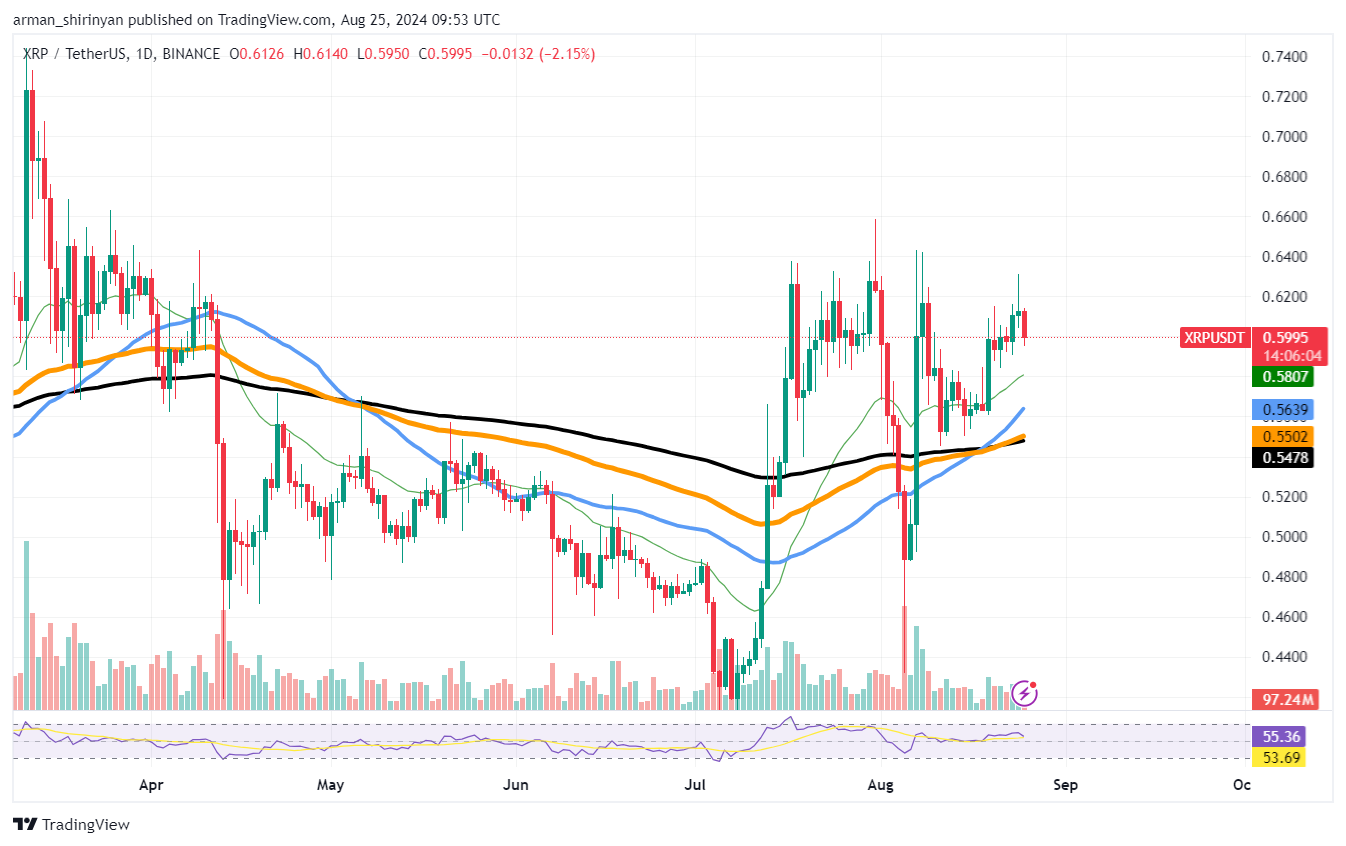Contents
- ETH/BTC lost 36.4% after this reckless move: Tuur Demeester
- Top trader Peter Brandt foresees continuation of trend
Advertisement
ETH/BTC, the ratio between Ethereum’s value and Bitcoin’s value, fails to recover from a multi-year downtrend. Seasoned Bitcoiner Tuur Demeester, author of Bitcoin Reformation theory, noticed that this crucial indicator lost over one third of its value in two years.
ETH/BTC lost 36.4% after this reckless move: Tuur Demeester
The ETH/BTC metric is 27.9% down in 12 months, Tuur Demeester noticed in his recent thread on X (formerly Twitter). This is the result of a prolonged downtrend: In two years, Ethereum (ETH) lost 36.4% against Bitcoin (BTC).
Demeester stressed that this timeline was chosen to demonstrate the long-term effects of Ethereum’s (ETH) migration to the proof-of-stake (PoS) consensus.
He recalled that Ethereum (ETH) managed to replace PoW with PoS 18 months ago, in mid-September 2022. After this game-changing upgrade was activated, Bitcoin (BTC) became the only major cryptocurrency leveraging the proof-of-work (PoW) consensus.
As covered by U.Today previously, Ethereum (ETH) founder Vitalik Buterin called its now-deprecated proof-of-work version too vulnerable to centralization.
Buterin recalled that PoW always was nothing but a “temporary stage” before migration to proof of stake, which replaced mining with staking as a way to secure blockchain consensus.
As of now, Ethereum’s (ETH) proof-of-stake (PoS) ecosystem features more than 1 million active validators, U.Today reported in April.
Top trader Peter Brandt foresees continuation of trend
The Bitcoin Reformation author also recalled his August 2022 comment and called the Ethereum (ETH) migration a “reckless switch.”
Followers of Demeester indicated that this metric can be different should we zoom out. For instance, on a 10-year time frame, it would demonstrate 76,000% growth instead of a 36.4% decrease.
However, veteran trader Peter Brandt noticed that in three years, ETH/BTC might be 57% down, according to Demeester’s model.







